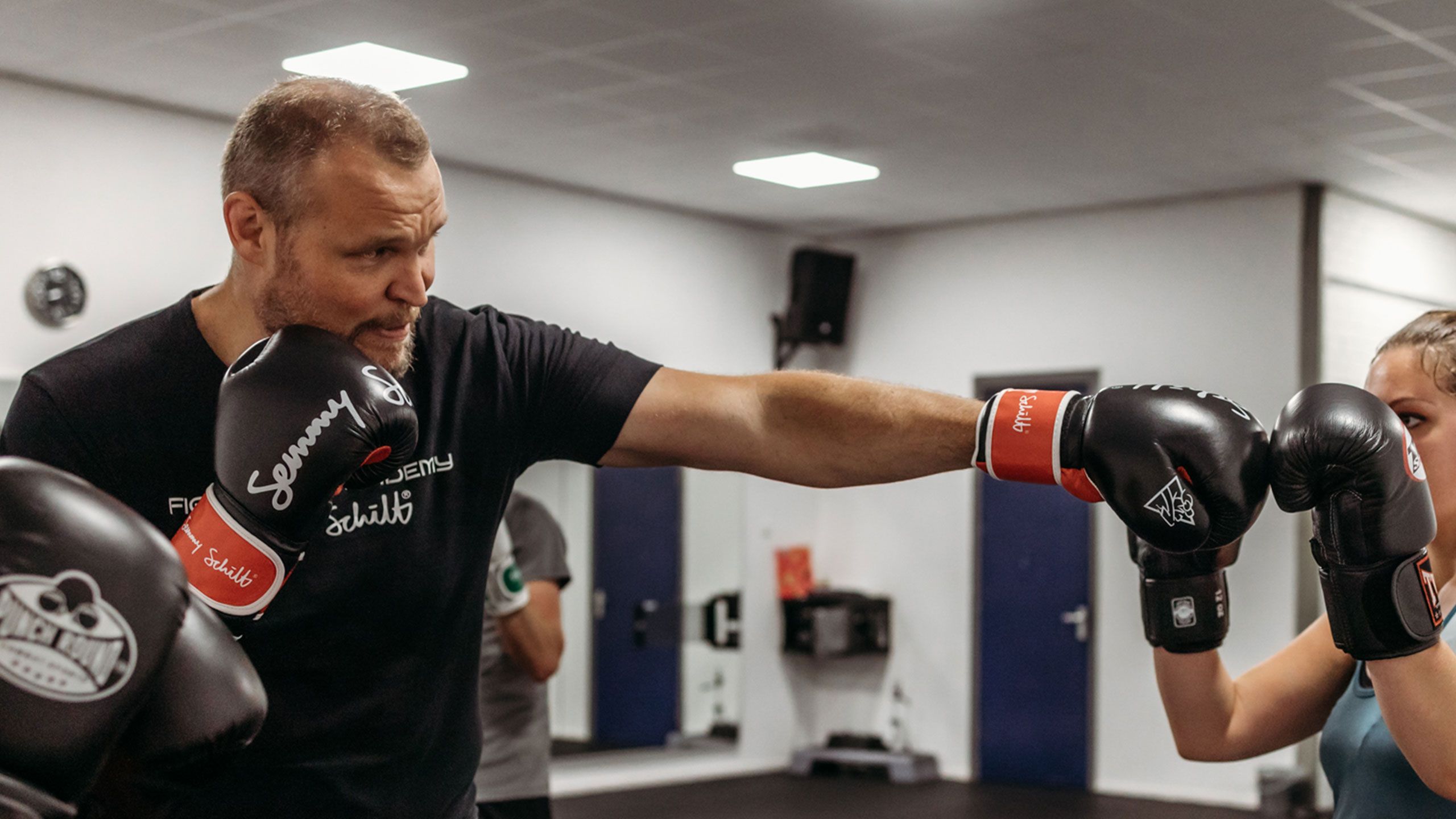
Bullying protocol
In this document, as Fight Game Academy, we have set out how we try to prevent bullying within the club by encouraging desirable behaviour. Next, we will discuss how we deal with situations in which this does happen/threatens to happen. Finally, we will elaborate on what sanctions are possible if a situation does not come to a resolution.
1. Promoting desirable interaction
It is very important for budokas to feel safe in their sports environment. This includes not allowing them to feel bullied. To minimise the risk of this, we have drawn up a number of rules of conduct. These rules can be found below.
A number of things are not allowed in our club.
These include:
- Judging on appearance, origin, gender or other personal characteristics or making hurtful comments about them.
- Unwanted touching of another person's belongings.
- Deliberately treating another person harshly and/or physically hurting them during practice.
- Addressing each other with a nickname that is not perceived positively by the intended person of it.
- Swearing or cursing.
- Gossiping.
In addition, we explicitly expect the following things from members:
- Always try to resolve arguments together.
- When this fails: seek contact with a trainer, confidential contact person and/or board member.
- Listen carefully to each other.
- Help each other where necessary.
- Ensure that newcomers to the group are well received and accommodated.
The above rules of conduct are made known to all our members upon registration and can be found on the website.
Furthermore, the trainers pay regular attention to them and we monitor compliance during the budo lessons. Moreover, parents/carers are also asked to report any undesirable behaviour when they encounter or suspect it.
2. Resolving situations of bullying behaviour
If bullying is suspected within the club, the following steps are followed:
- It is established whether the bullied person has tried to solve it with the bully.
- If the bullied person does not come out of it, the budget teacher/trainer intervenes. He/she brings the parties together for a clarification discussion and tries to resolve the argument or bullying together and make (new) agreements.
- A contract is sought with the parents of the parties after the children have been informed. If necessary, a discussion is held with the whole group. This may address the causes and consequences for victims, perpetrators, followers and silent middle group. It can be discussed whether they realise the distress they cause with their behaviour and/or attitude. The group can then be asked for suggestions on how to improve the situation for the bullied budoka.
- In case of repeated quarrels/bullying behaviour, the teacher takes a clear stand and holds a punitive discussion with the bully. The punishment/sanctions phase takes effect (see section 3). The name of the troublemaker/bully is also recorded in a report. For each report, the teacher describes 'the circumstances'. The teacher and parents try to work together in consultation to find a solution satisfactory to all. In the case of young children, parents are actively involved.
3. Sanctions
Should attempts to improve the situation by budoka, trainer and parents fail to lead to a solution, the club may decide to impose sanctions. A decision to do so always follows consultation between trainer and board. The possible sanctions go from light to increasingly severe and can be given in that order if a situation does not improve over time. The sanctions for each category are listed below.
Initial sanctions
- Failure to attend one training session.
- For a certain number of training sessions: staying until the other budokas have left for home.
- A written assignment such as a set assignment on the cause and his/her role in the bullying problem through conversation: raise awareness for what he/she is doing to the bullied child.
- Making agreements with the bully about behavioural changes. Compliance with these agreements are addressed in a short conversation at the end of each week (for a period of time).
Follow-up sanctions
- Involving parents more explicitly. The budo club has kept a file of the actions that have taken place. This file is the starting point for the discussion. In consultation, place the bully in another group.
- In case of persistent bullying behaviour, suspend the bully for a certain period of time.
Final penalty
- In extreme cases, the bully may be expelled from the club.



